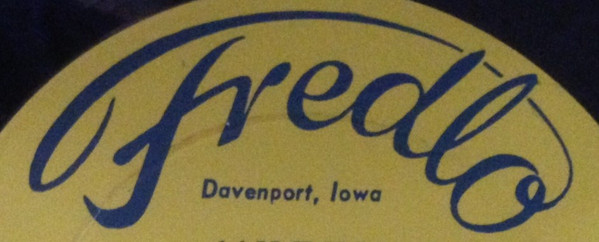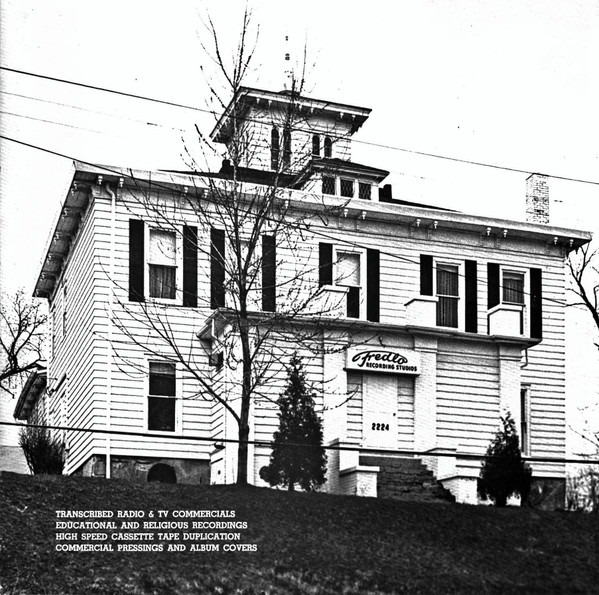Fredlo
Настоящее имя: Fredlo
Fredlo Recording Studios, 2224 East 12th Street, Davenport, IA. Throughout its existence, the label was owned and operated by Fredrick R. (1913-1995) and wife Lois R. (1921-1996) Mauck, who had their living quarters on the floor above the studio. The name Fredlo is a contraction of names Fred and Lois. The label had its origins as the Inter-City Recording Service, which was in operation at 1715 15th Avenue, Moline, Illinois, as early as 1948, engaging primarily in the production of acetate recordings for personal and commercial broadcast use, with the business listed as a "transcription recording service" in the 1949 Moline city directory. Fred Mauck and his first wife, Mayphine, were listed as residents at the Inter-City studio address and were likely employed there, along with colleagues Charles B. Conover and Robert J. Lindley. The Fredlo imprint was operating at 2436 16th Street in Moline, Illinois, as early as 1951, relocating to the Davenport address around 1956 and remaining there until it ceased operation twenty years later. Fred was also employed as a film projectionist at Moline's Roxy Theater in the earliest days of the Fredlo imprint. Most of the first Fredlo issues appear to have been acetates (not unlike those cut by Inter-City), many of which were cut for a local dance studio. The earliest known record pressed by Fredlo for commercial sale appears to have been a 10" 78 rpm single by a popular local dinner club organist named Bill Ingogly, featuring the songs "Dreamer With A Penny" and "Love, Mystery, and Adventure." The single was first advertised in local newspapers in February 1952 as being for sale in local record stores. Very little additional information about this single is available. A more common release was first advertised in newspapers three months later in May 1952, a 10" 78 rpm single by a Western Swing ensemble known as Buddies of the Airlanes in 1952 (Wind / Keeper Of My Heart). The label appears to have ceased operation in 1976, with Fred returning to work as a film projectionist by 1977. The Maucks left the Quad City area for Grand Marais, Minnesota, by 1979, spending the rest of their lives in that community.
The first two digits of the catalog number invariably indicate the year of issue. The catalog number consisted of four digits in 1951, expanding to five digits beginning in 1952, scaling back to four digits in 1956.



